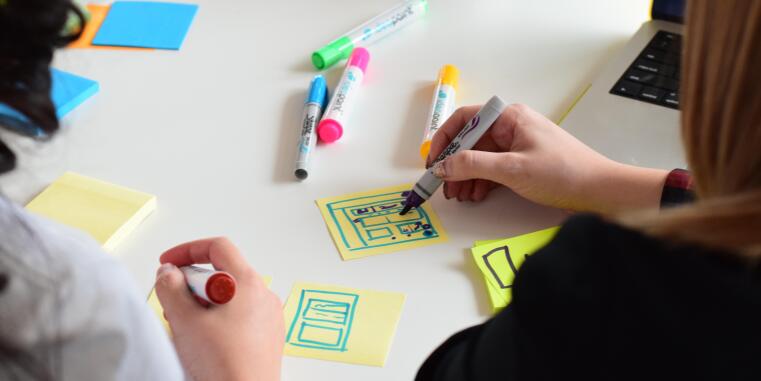

Events in the winter semester 2025/26
Recommended courses in the winter semester 2025/26
The following overview is an initial list of recommended DH events. Please check this page from time to time, as the list is updated on an ongoing basis. Usually, the courses are held in German. For some courses, subject-specific knowledge is required, too, please inform yourself individually. We recommend contacting the respective lecturers, as there may be limited numbers of participants. If you know of other courses at the University of Münster in which aspects of Digital Humanities are applied or taught and which are open to certificate students, please let us know.
Faculty 01
Faculty 02
Faculty 08
- 082010 Practical tutorial: Blender in der Archäologie: Einführung in die 3D-Modellierung und -Visualisierung (Dr. Torben Schreiber)
- 082254 Practice: … in diebischer Weise entwendet worden … – Diebstahls- und Verlustanzeigen des Münsterschen Intelligenzblattes; 18. und frühes 19. Jahrhundert (Henning Bovenkerk)
- 082395 Practice: Introduction to working with geographic information systems for students of the AGL program (Dr. Claudia Tappert)
- 082396 Seminar: GIS in Archaeology (Dr. Claudia Tappert)
Faculty 09
Faculty 10
Faculty 11
CIT courses in the winter semester 2025/26
Workshops of the Service Center for Digital Humanities Münster
Workshops of the SCDH are usually held in German.
Semantic Web
5 to 6 March 2026
(Ingo Frank, Immanuel Normann)
For further information see German text.
Texterkennung (Text recognition)
12 to 13 March 2026
(Katharina Dietz, Benjamin Weber)
For further information see German text.

